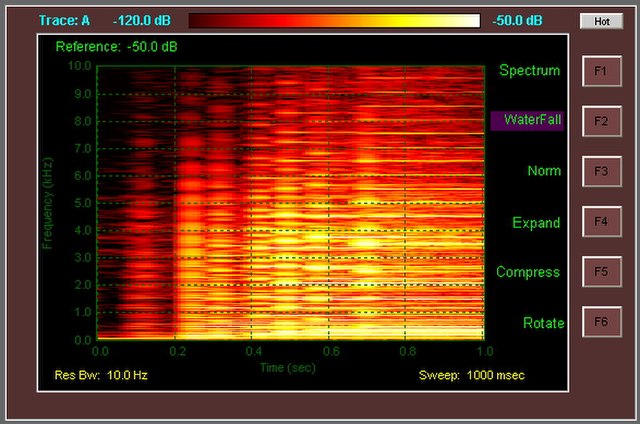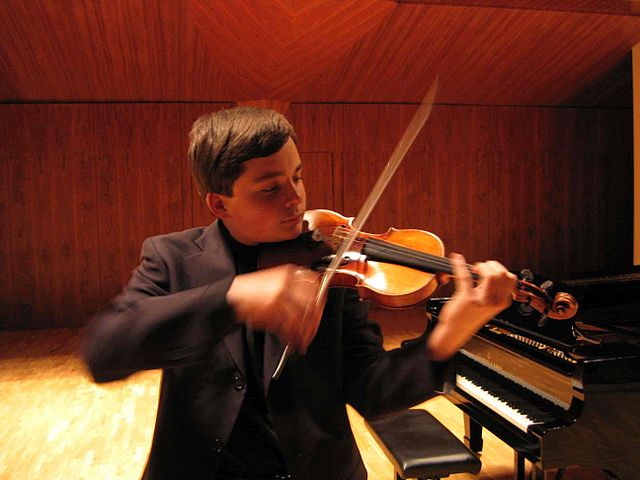Howard Harold Hanson was an American composer, conductor, educator, music theorist, and champion of American classical music. As director for 40 years of the Eastman School of Music, he built a high-quality school and provided opportunities for commissioning and performing American music. In 1944, he won a Pulitzer Prize for his Symphony No. 4, and received numerous other awards including the George Foster Peabody Award for Outstanding Entertainment in Music in 1946.
Howard Hanson, 1959
Hanson's boyhood home in Wahoo, Nebraska is on the National Register of Historic Places.
Eastman School of Music – University of Rochester – general view
Music theory is the study of the practices and possibilities of music. The Oxford Companion to Music describes three interrelated uses of the term "music theory": The first is the "rudiments", that are needed to understand music notation ; the second is learning scholars' views on music from antiquity to the present; the third is a sub-topic of musicology that "seeks to define processes and general principles in music". The musicological approach to theory differs from music analysis "in that it takes as its starting-point not the individual work or performance but the fundamental materials from which it is built."
Barbershop quartets, such as this US Navy group, sing 4-part pieces, made up of a melody line (normally the second-highest voice, called the "lead") and 3 harmony parts.
Spectrogram of the first second of an E9 chord played on a Fender Stratocaster guitar with noiseless pickups. Below is the E9 chord audio:
A violinist performing
A Classical piano trio is a group that plays chamber music, including sonatas. The term "piano trio" also refers to works composed for such a group.







